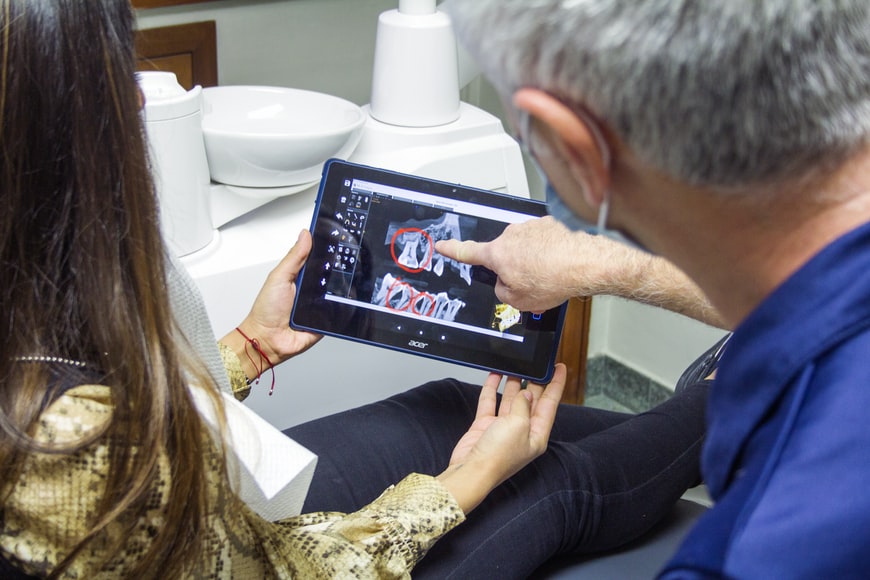Coping with a Terminal Diagnosis: Getting Your Affairs in Order, Living Your Life

A terminal illness diagnosis is always devastating, whether it’s you or a loved one receiving the sad news. It changes your priorities overnight, and initiates a flurry of activity as you work to get your affairs in order. It’s a profoundly emotional time, but you need to stay focused and take care of personal arrangements as quickly and thoroughly as possible.
Paperwork
The first order of business is to make sure your will is in order and adequately provides for the disposition of your estate. If not, you’ll need to meet with an attorney so that your wishes are made legally binding, and make sure your wishes concerning medical treatment are made official with an advance medical directive. Identify a proxy, someone who will make decisions if you’re unable to think or act for yourself. You should also have a living will written, which details your wishes concerning end-of-life decisions (such as whether or not to resuscitate).
Funeral arrangements
Funeral costs can be very expensive and may cause a major financial shock. That’s why preplanning a funeral or memorial service is so important to your loved ones. If you’ve made no arrangements concerning a funeral or memorial service, make sure someone knows your wishes, including whether you want to be buried or cremated and what kind of memorial service you want (i.e. music, readings, who will officiate, etc.).
Burial insurance is an important provision for your loved ones, because it relieves family members of a major financial burden. Similar to a life insurance policy, burial insurance has a smaller benefit amount. However, it can also be used to cover the departed’s medical bills, credit card bills, mortgage, and personal loans. Burial insurance is an affordable option with premiums as low as $16 per month, depending on your age and gender.
Logistical arrangements
Determine where and under what circumstances you want to spend this last phase of your life. Some may choose to die at home, though a hospice or nursing facility might make more sense from a care standpoint. Take into consideration your loved ones’ needs and whether they’d be able to provide you with adequate care during what can be a very trying time.
Therapeutic treatments
Even if you’re no longer being treated for your illness, there are therapeutic options that can make you more comfortable and help maintain mobility. Massage and alternative therapies, like acupuncture, are often helpful in the management of pain and maintaining a comfortable quality of life. Talk to your doctor about possible options and whether insurance will help pay.
What do you want to do?
For patients who are able to remain active, a terminal diagnosis may provide the motivation they need to do something they’ve always wanted to try, like travelling abroad, riding in a hot air balloon, or volunteering with a charitable organization. Staying active can improve quality of life and give your mental outlook a needed boost, which is well worth the expense of doing something that brings you joy. Bear in mind that denial is a coping mechanism, though it can become harmful.
It can be hard to keep your mind off the inevitable when you or a loved one has been given a terminal diagnosis, but you can improve your situation by making the most of the time you have left. You’ll create happy memories for those you leave behind and enhance your quality of life. Rather than remaining idle and counting down the days, keep planning, anticipating and interacting with loved ones who want to spend as much time with you as possible.
Courtesy of Pixabay.com.
Our guest blog is courtesy of Craig Meadows with Survivingdayone.com




